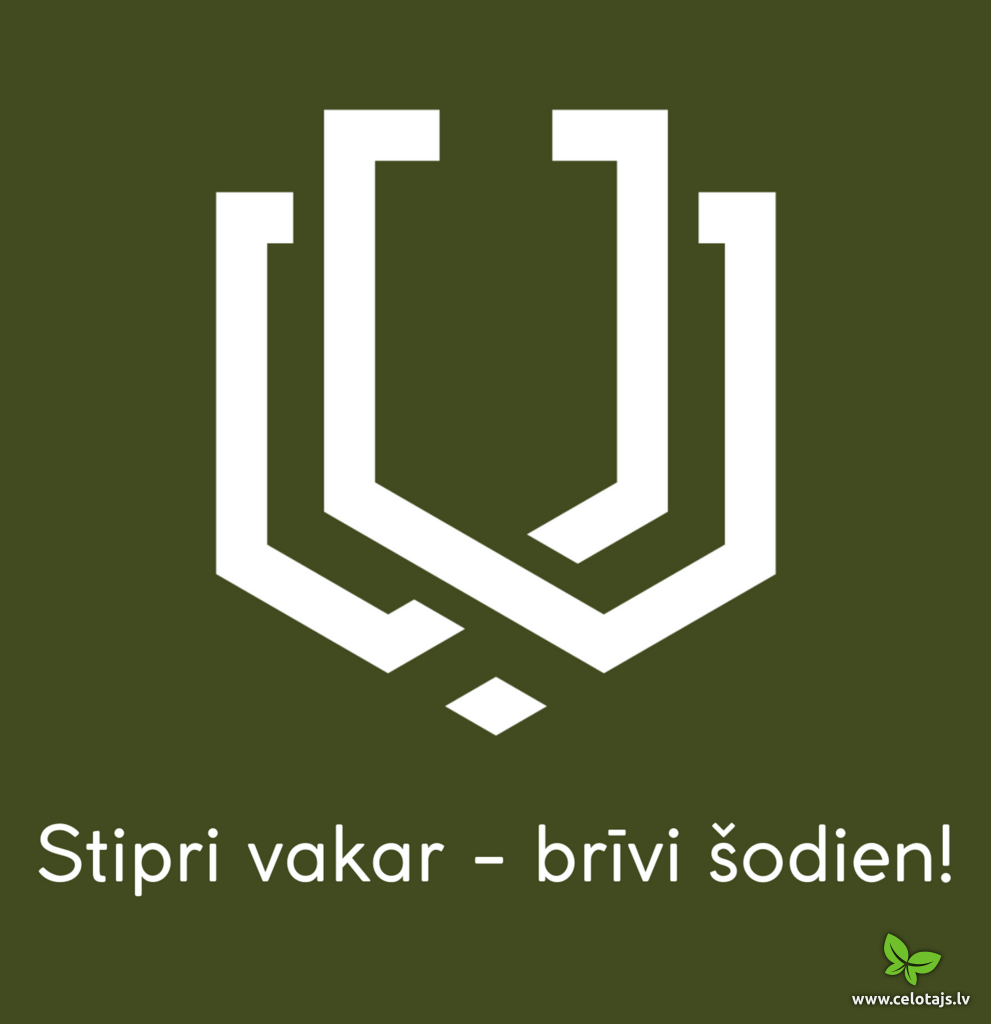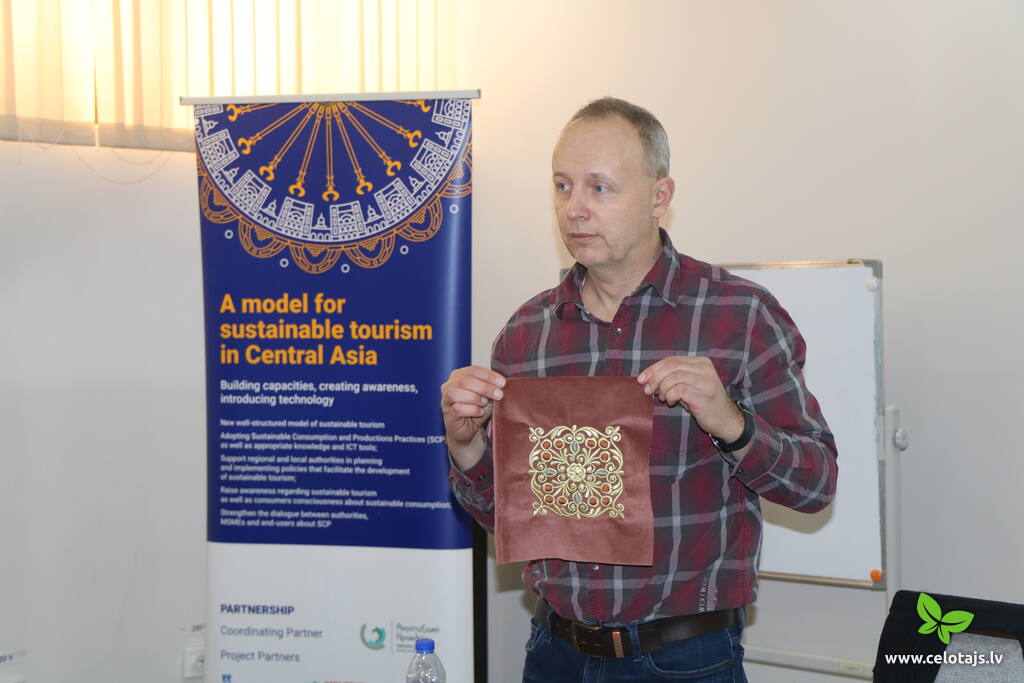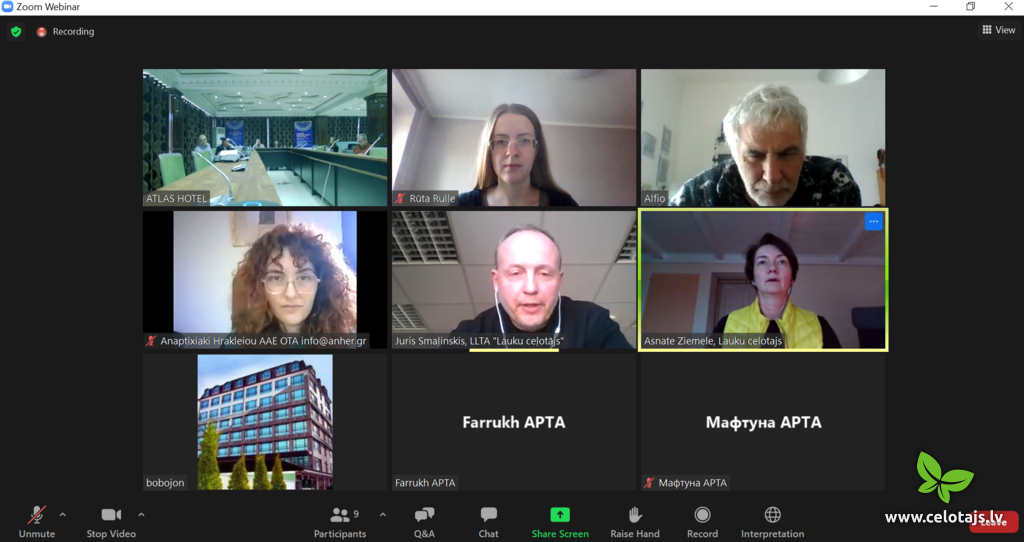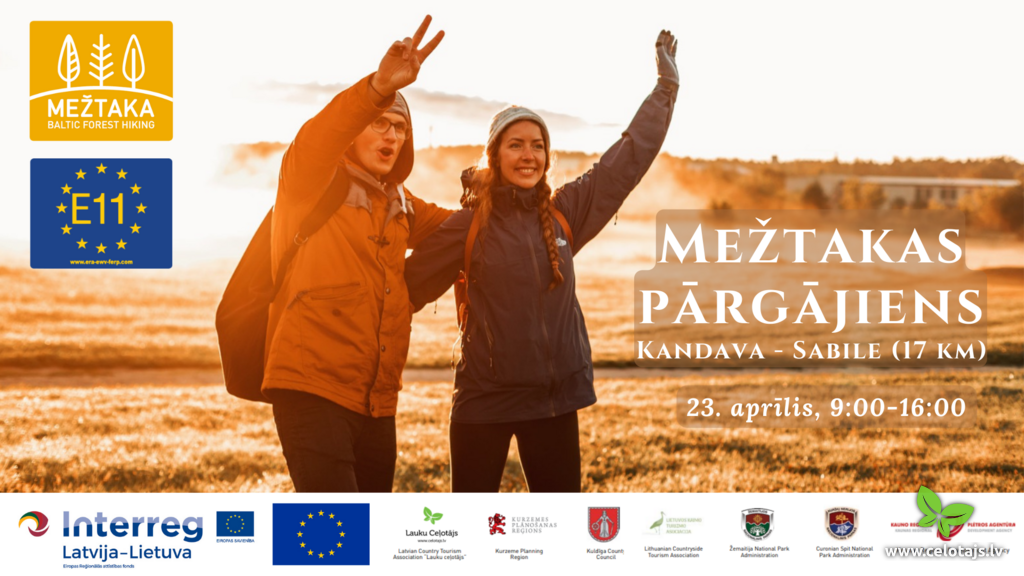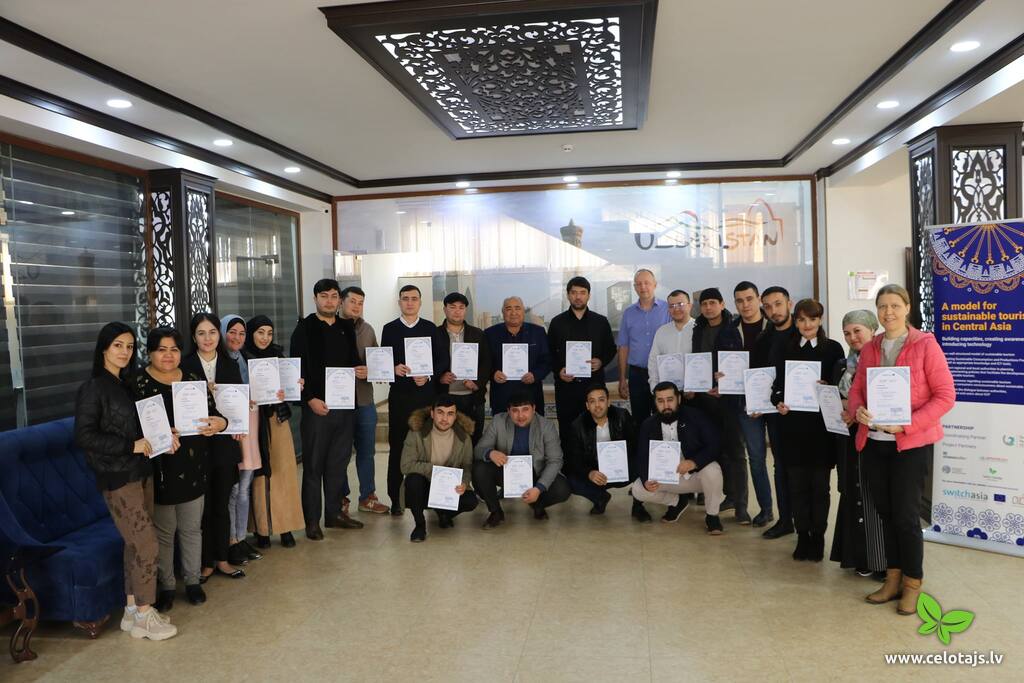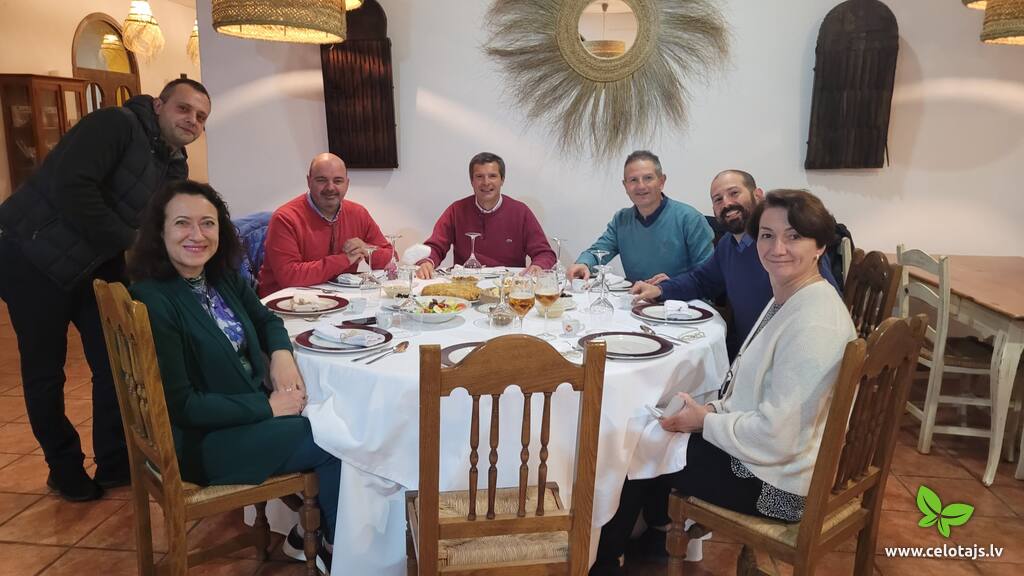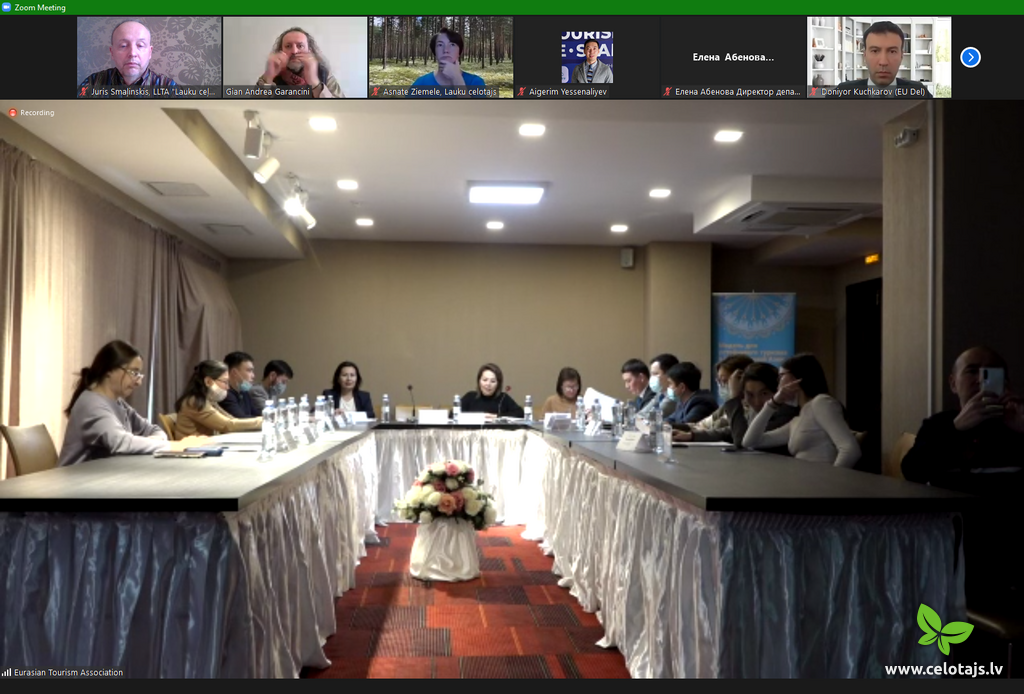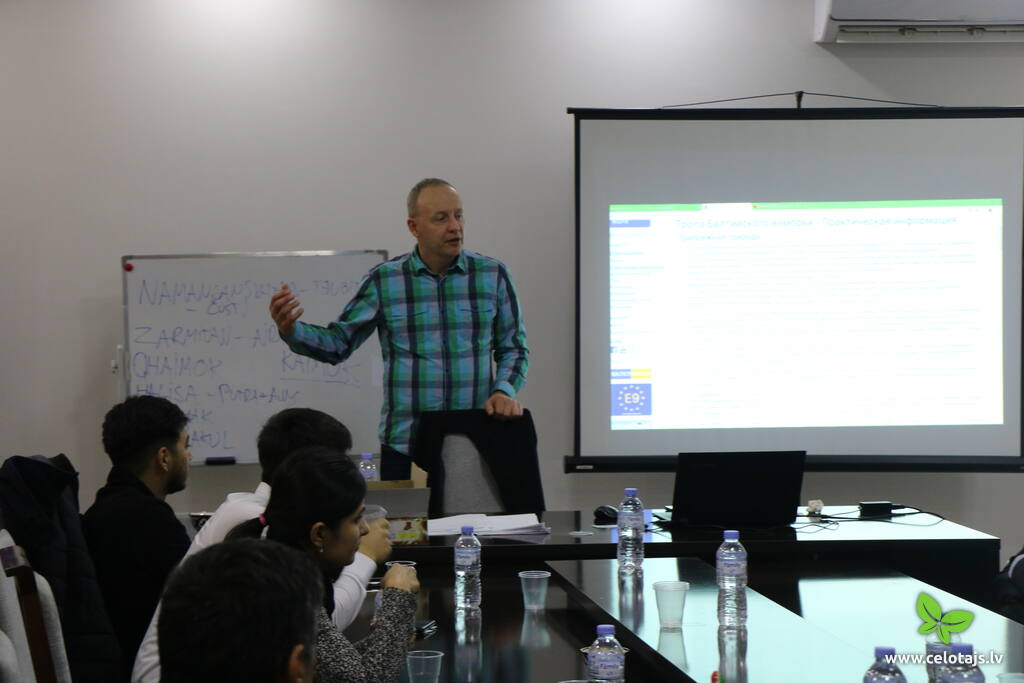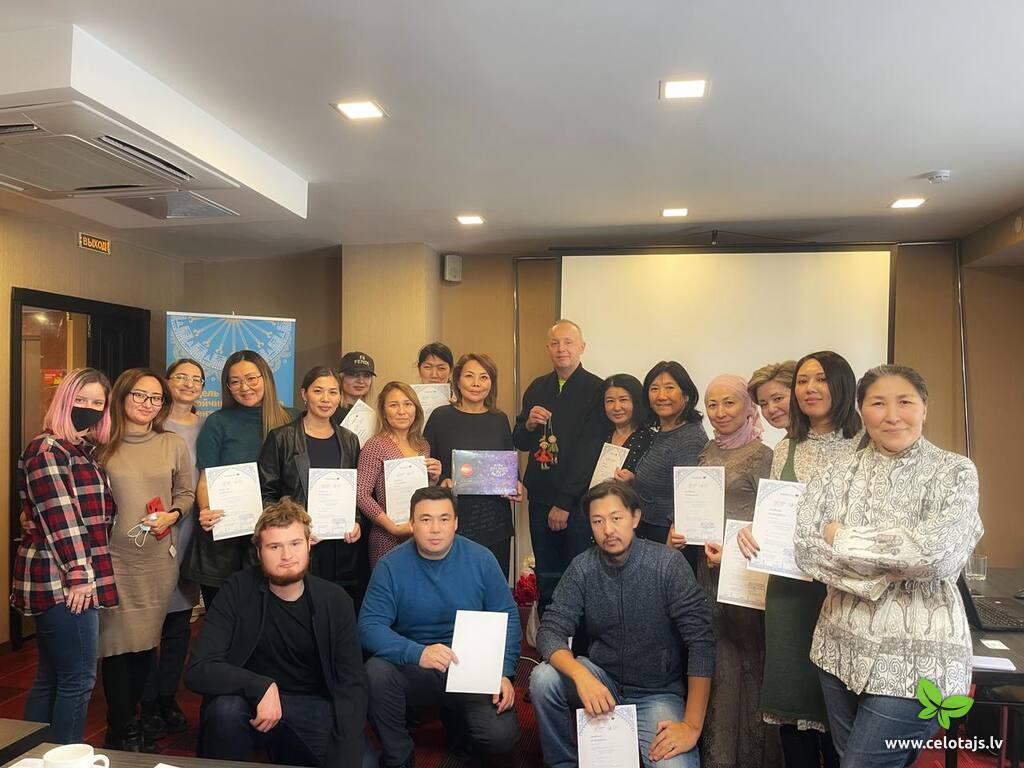News
News
While military heritage in tourism has obtained an uncomfortable connotation in the context of the present war in Ukraine, we in Latvia and Estonia believe that it is relevant to highlight, through tourism experiences, how our own countries gained and defended independence during 1914-1991.
The attached press release introduces the military heritage tourism offer with more than 600 sites to visit in Latvia and Estonia, route planning options and the military heritage tourism website https://militaryheritagetourism.info/en arranging the sites along a timeline and briefly introducing the most important historical events, individuals and stories.
The Latvian country tourism association “Lauku ceļotājs” is one of the partners in the project “A model for sustainable tourism in Central Asia: Building capacities, creating awareness, introducing technology” (MOST). The second year of the project has already passed, in which we have helped Kazakhstan, Uzbekistan and Tajikistan to become more sustainable. Our expert Juris Smaļinskis participated in seminars in all three countries to share his knowledge on sustainable tourism and environmentally friendly management. He also spoke about marketing and communication with customers. Juris participated in different inspections of various accommodations and other objects both inside and outside the cities. New and sustainable ideas for tourism products were also worked on with entrepreneurs, such as a pilaf-making workshop in the Old Town in Bukhara, Uzbekistan to promote the city's culinary heritage. Juris has also given interviews to both Latvian and Asian media about the project and its progress.
The team of the project “A model for sustainable tourism in Central Asia: Building capacities, creating awareness, introducing technology” (MOST) met on 17th and 18th of March for the third steering committee meeting. Some of the partners went to Dushanbe, the capital of Tajikistan, and some of the partners joined via Zoom platform. On the first day, the partners informed about the completed tasks. As planned, in the second year of the project, local entrepreneurs were supported to move towards to more sustainable delivery of their services. Appropriate equipment, support for marketing activities and cooperation opportunities, as well as information on European good practices and funding opportunities at both EU and international level were provided. Entrepreneurs had the opportunity to participate in various discussions with state departments, as well as in seminars with industry professionals who shared their experiences.
Join our 17 km scenic Forest Trail section #95 from Kandava to Sabile (Zviedru cepure) Spring Hike on April 23. Bring hiking boots, drinking water, spare socks, and remember to dress accordingly to weather. The hike route starts at 9:00 at Ozolaji open-air stage in Kandava (GPS: 57.030567, 22.773616).
Registration >>> ej.uz/springhikingfestival.
Registration for the event closes midnight on the 10th of April or earlier if the maximum number of participants is reached. Participation – free.
In February, for three weeks seminars were held for tourism companies in two cities in Uzbekistan: Bukhara and Khiva. An expert from Latvian country tourism association "Lauku ceļotājs", Juris Smaļinskis, also participated in them to share his knowledge about sustainable tourism and environmentally friendly management with tourism industry professionals. New ideas for tourism products were also developed with entrepreneurs, such as a pilaf-making workshop in the Old Town to promote the city's culinary heritage. Juris also visited various tourist attractions and enjoyed the hospitality of the locals to get to know the tourism offer in Uzbekistan better.
Online workshop - 22nd/23rd February
This will be held ONLINE as two half-day workshops as we are keen to attract buyers who are still either unable or unwilling to travel to workshops. We are also hopeful in having a number of North American and South East Asian buyers
22nd February pm Europe + North American buyers
23rd February am Europe + South East Asian and Russian buyers
Prezentācija: RL_products_NordicMarketplace20221.pdf
The team of the project “Rural Tour: Training Program for Sustainable Rural Tourism” met in the third Steering Committee meeting from 26 to 28 January. It was coordinated by the University of Almeria and took place in Almeria, Spain. For various reasons, some partners only joined online via Zoom platform.
On December 22, the round table between targeted MSMEs and local and regional authorities of Kazakhstan with the topic "Global and regional challenges to the development of a green economy" was held. Two people from Latvian country tourism association "Lauku ceļotājs", Asnāte Ziemele and Juris Smaļinskis, participated in it. They talked about state support for the development of sustainable tourism in Latvia.
From December 10 to 16 seminars for tourism companies were held in Bukhara, Uzbekistan. An expert from Latvian country tourism association "Lauku ceļotājs", Juris Smaļinkis, participated in them to share his knowledge about sustainable tourism and marketing. All the participants were divided in two groups. During the seminars they learned how to:
- analyze the current position of their business
- get tools to analyze tourism needs in the region
- explore marketing strategies to promote their business in the sustainable tourism market
- profitably represent and promote their business on the Internet.
The seminar participants also visited several places in Uzbekistan that have the potential to become tourist attractions.
Juris also gave an interview to the local media about the project and the seminars.
On December 2, 3 and 4 seminars for marketing support of the MSMEs were held for tourism companies in Kazakhstan. The seminars took place in Nur-Sultan, the capital city of the country. An expert from Latvian country tourism association "Lauku ceļotājs", Juris Smaļinskis, participated in them. The aim of the seminars was to share knowledge about sustainable tourism and environmentally friendly management. Also, Juris talked about marketing and communication with clients.
Juris also had the honor of visiting the Latvian Embassy in Kazakhstan and meeting with the Latvian Ambassador in Kazahkstan Irina Mangule.


